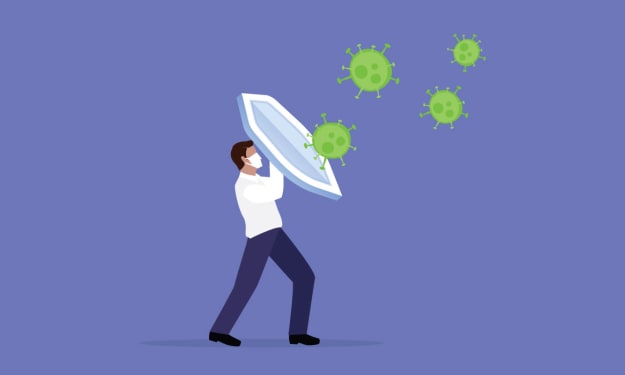How Music Therapy Can Help The Brain
As a result of the advent of various technological devices such as smartphones and portable music players, different songs are now always at the fingertips of most individuals.

Whether to get the energy required to deal with daily stress, enjoy some solemn time, or cheer up during trying times, music plays different roles in the lives of several people. These factors point to the fact that music can have significant impacts on the moods of individuals.
While a lot is known about music itself, what many don’t understand is that music therapy can assist the brain. It has been proven that music can be used to identify certain health problems, improve meditation, or stimulate certain parts of the brain. So, when next you are blazing music from your speakers or listening to any songs through a pair of earpieces, you may be offering yourself some form of music therapy.
How did music therapy start?
Although many ancient people knew that music could heal the body and mind, music therapy only became a formal concept in the mid-20th century. Over time, several branches of sciences have explored the concept and found out that music therapy can boost emotional expression, influence positive behaviors in groups, and improve personal relationships.
Over the last 20 years, there has been a substantial change in the use of music therapy in dealing with brain issues. While the public is not fully aware of the essence of the therapy, studies have examined how brain function is enhanced by music.
According to biomedical researchers, music is known as a well-structured auditory language that combines different functions in the brain. These include motor control, cognition, and perception. As a result of this, an injured brain may be reeducated or retrained by the right music therapy.
Notably, people were skeptical about the first set of researches on this subject. However, further studies have shown similar results; hence, the skepticism has reduced. Therefore, it doesn’t come as a surprise that several medical doctors and therapists now utilize music therapy as a form of treatment for rehabilitating brains.
How does music therapy assist the brain?
Generally, many people like listening to music because of its ability to lower anxiety as well as improve the sense of calmness. All these combine to make music therapy a good means of eliminating any underlying worries, tension, or stress that a person may be dealing with.
This function is explained in some simple ways. Foremost, as kids, our brains are designed for processing melodies exceptionally. Hence, music can serve as a distraction for our brain, mind, and body. Also, this enables music to have different impacts on our behavior as well as moods. So, the right application of music therapy can change your life positively.
Besides, music therapy can play a pivotal role in our redevelopment and healing. In general, when listening to music, your muscles are meant to respond fast to the beat automatically. This is why it is possible for you to be shaking your head or leg to any musical beat unconsciously. Furthermore, the neural connections used for responding to music are the same meant for speaking.
Therefore, music can boost the brain of children and ensure that they can build their communication skills earlier. Similarly, music works in the same pattern to help stroke patients start talking once more. Factually, physicians and therapists have used music therapy to improve conditions such as Asperger’s syndrome, depression, post-cognitive stress disorder, and autism. Even tone-deaf individuals can use guided imagery and other kinds of musical treatments to boost their brain function.
From the available evidence, music therapy can come in handy to help the brain of both adults and children.






Comments
There are no comments for this story
Be the first to respond and start the conversation.